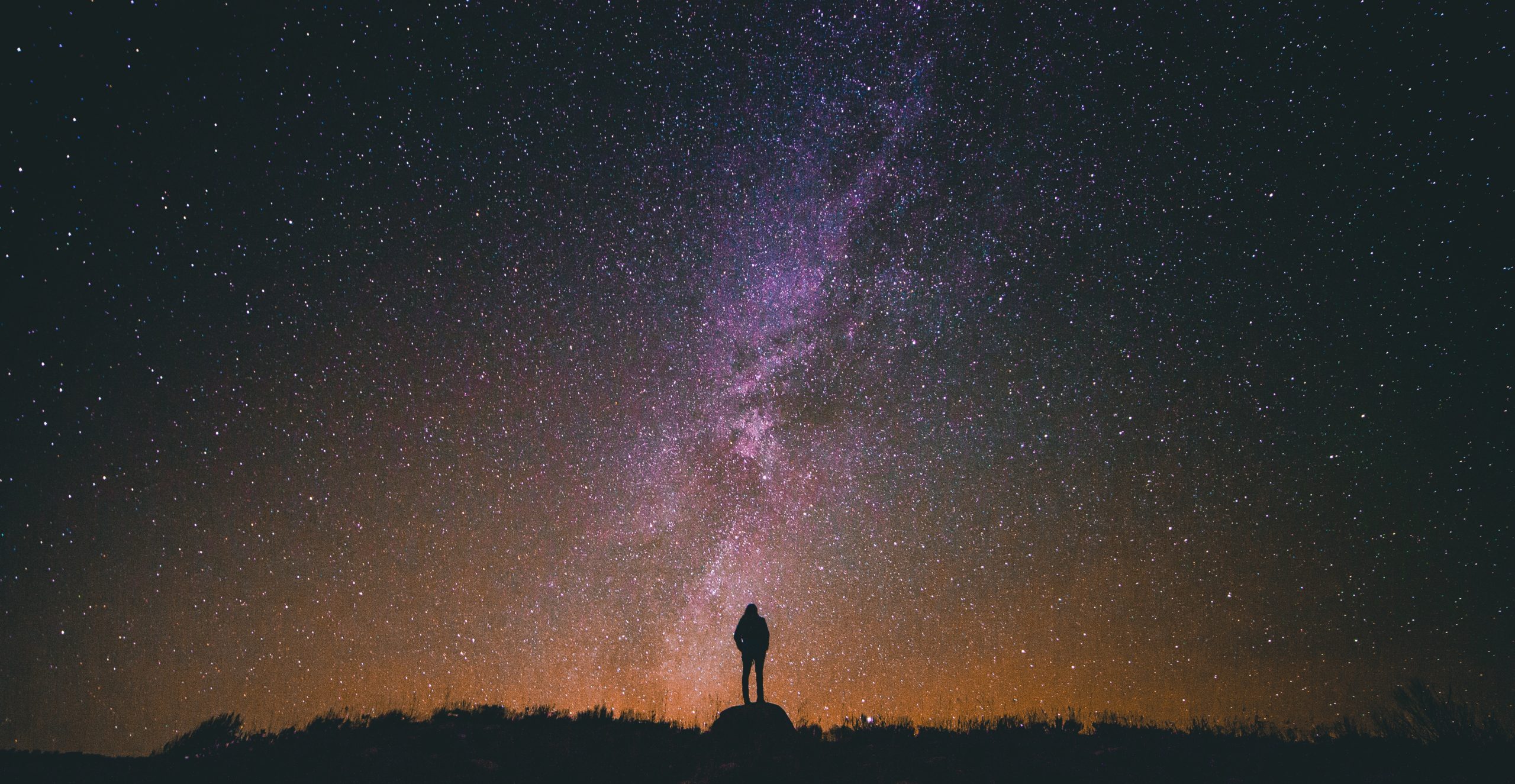The Fermi Paradox
Written by Alan O’Doherty
Many species in our world show signs of intelligence, but some scientists have suggested that humans may be an unusual type of creature to develop this trait.
On distant planets, beings that have developed the ability to cooperate and collaborate may be quite different than our opportunistic scavenging ancestors.
Predators, it has been posited, may have the most to gain from working together. Millions of years of evolution have allowed them to hone their ability to communicate beyond speech, silently conveying meaning to one another with the subtlest gesture.
Such creatures wouldn’t be reliant on brute force to ensnare their prey in strange jaws or beaks or venomous mandibles – the most elegant form of slaughter is when the prey does not know it is coming.
The predators of our world will lie in wait for hours for the perfect moment to strike. And they will seldom pounce at the heart of the herd, where the prey is strongest.
They will wait for the stragglers, the sick and the lame, and the helpless young to wander away from the safety of the group. That is when they strike.
And why would we assume that a predatory species that has risen to the level of civilization would abandon these long-honed instincts?
Instead, just as with humanity, their natural impulses would shape their culture, mold their laws and customs, and define their ideals.
Patience in a hunt would be the ultimate virtue, knowing the perfect moment to strike; the utmost wisdom.
And what might they think of a small blue-green world, peopled with soft creatures without fangs or claws – creatures that even now overconsume and breed in abundance in the absence of capable predators, slowly turning that same world barren.
Only the most naive hunter would act now – when these creatures number in their billions, when they are well armed and provisioned, and when they are still secure and safe in a world they are perfectly adapted to.
Much better to wait another century or two. Let the prey tire itself, become desperate, and flee its now barren and dying world in tiny, primitive spacecraft, searching for a new home.
Then would be the moment for sleek predatory ships to slide through the void, darkness against darkness, as the prey struggles out into the hostile environment of space.
Strange alien eyes would hungrily watch our floundering vessels, weak and helpless in the empty, endless cold.
We are prey so naive that we might even send out signals calling for help, just as an abandoned newborn cries in distress. Picked off one by one, each ship would vanish in an instant, sending panic rippling through the herd.
Whether in days or mere moments, eventually nothing would be left but scraps of jagged metal and a scattering of viscera drifting in the void.
When we gaze up at the stars wondering whether we are alone in the universe, perhaps we should hope we are.
The Author
Alan O’Doherty is a Jindo-based ESL teacher originally from London, UK. He is a sci-fi and horror enthusiast, a poor Korean speaker, and an international beer-hunter. He is currently doing his best to explore Jeonnam and get the hang of oven-free cooking.





